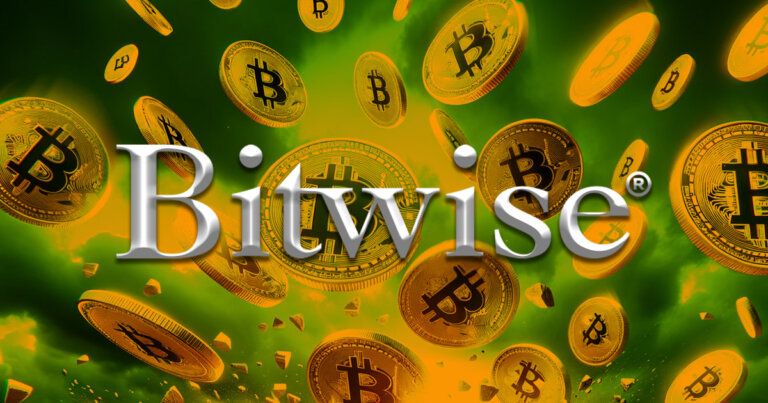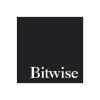 Bitwise executive confirms ETF received $400 of unsolicited Bitcoin
Bitwise executive confirms ETF received $400 of unsolicited Bitcoin Bitwise executive confirms ETF received $400 of unsolicited Bitcoin
CTO Hong Kim denied that any problems could arise from those funds.

Cover art/illustration via CryptoSlate. Image includes combined content which may include AI-generated content.
A top Bitwise executive acknowledged on Jan. 26 that his firm’s spot Bitcoin ETF has received hundreds of dollars of unsolicited Bitcoin.
Co-founder & CTO Hong Kim wrote that the Bitwise Bitcoin ETF (BITB) received 998,085 satoshis worth $419 across 35 UTXOs over two days.
He suggested that this will simply increase the ETF’s value, writing:
“[It’s] negligible compared to the [fund’s assets under management] (~$511 million as of yesterday) but those sats are added to [net asset value] and accrue to the benefit of shareholders.”
When asked whether the additional funds could instead be donated to Bitcoin developers, Kim noted that 10% of the fund’s profits are donated to open-source Bitcoin development. However, this donation policy was part of Bitwise’s earlier ETF plans and is not a direct response to the receipt of the latest funds.
Transfers to Bitwise’s Bitcoin address were seemingly prompted by the firm’s decision to post its address publicly, which occurred on Jan. 24.
Reasons behind transactions are unclear
The motivations for the transactions are unclear. Bloomberg analyst Eric Balchunas implied that the transfers were benevolent, writing:
“Curious to see if this is a one-off or start of something and we see [people] toss tips into the proverbial ETF jar like if the fund had a good year or just for the hell of it.”
On the other hand, the intent may be malicious, as small unsolicited transactions are typically referred to as “dusting” attacks.
Yet Kim ruled out any such problems, writing:
“Handling [dusting] isn’t that hard for an institutional custodian and the framing that you can ‘attack’ a public bitcoin address by sending it free sats doesn’t hold truth.”
He specifically denied the possibility of harm through connections to questionable addresses. Kim wrote that the ETF’s custodian, Coinbase Custody, will flag any funds received from OFAC-sanctioned addresses. Such funds will be “left untouched” without being added to the ETF’s net asset value, he said.


























































